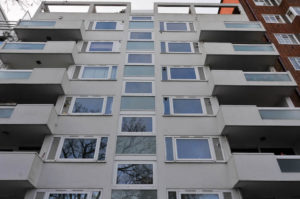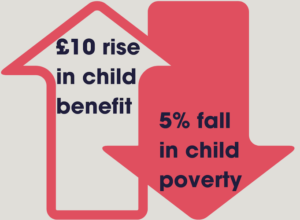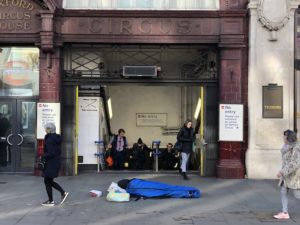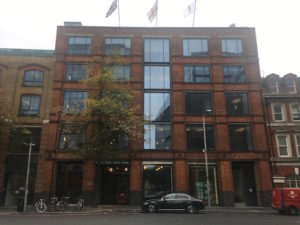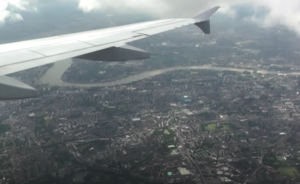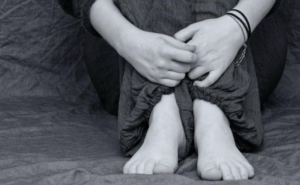Londoners will be unable to board buses by way of their front doors from Monday unless they are single-door vehicles, under new rules to be introduced by Transport for London designed to better protect bus drivers from infection by the Covid-19 coronavirus.
TfL announced this morning that passengers will temporarily only be able to board buses via their centre doors, though it has clarified for On London that access to the approximately 1,000 three-door New Routemaster buses will continue to be possible via their rear doors too.
TfL has also told On London that the 55 routes served by buses that only have a single door, which is at the front of the vehicle next to their drivers’ cabs, will continue to operate as normal while “we look at additional measures to keep drivers safe”.
The ending of front door boarding on all but a minority of the capital’s nearly 9,000 buses, which cover over 700 routes, follows the confirmed coronavirus-related deaths of 26 public transport workers, around half of them bus drivers.
TfL says that while these new arrangements are in place “where passengers enter through the middle doors, they will not be required to touch in”, effectively making journeys on multi-door buses free for the time being. This change will also apply to the 55 single-door bus routes.
A trial of middle-door boarding has been held on nine bus routes out of Walworth bus garage, including two that serve hospitals. It involved 140 buses, run by the operating company Abellio. TfL says the trial has given it confidence that “the low number of people currently using the network can keep a safe distance when entering and exiting through the same door”.
Pete Kavanagh, regional secretary of Unite, the union that represents thousands of London bus service workers, has thanked TfL for “this very welcome move” which it has been arguing for. Sadiq Khan, who chairs TfL’s board, has applauded it too and said again that “public transport is only open for critical workers”. He appealed once more to Londoners as a whole to travel by any mode “only if it is absolutely necessary”.
The Mayor has also told the government he believes that wearing face masks while travelling in London should be compulsory, and is urging a change in the official advice about non-medical face coverings more generally. The World Health Organisation says that medical masks should be reserved for healthcare workers.
OnLondon.co.uk is doing all it can to keep providing the best possible coverage of London during the coronavirus crisis. It now depends more than ever on donations from readers. Individual sums or regular monthly contributions are very welcome indeed. Click here to donate via Donorbox or contact davehillonlondon@gmail.com. Thank you.

